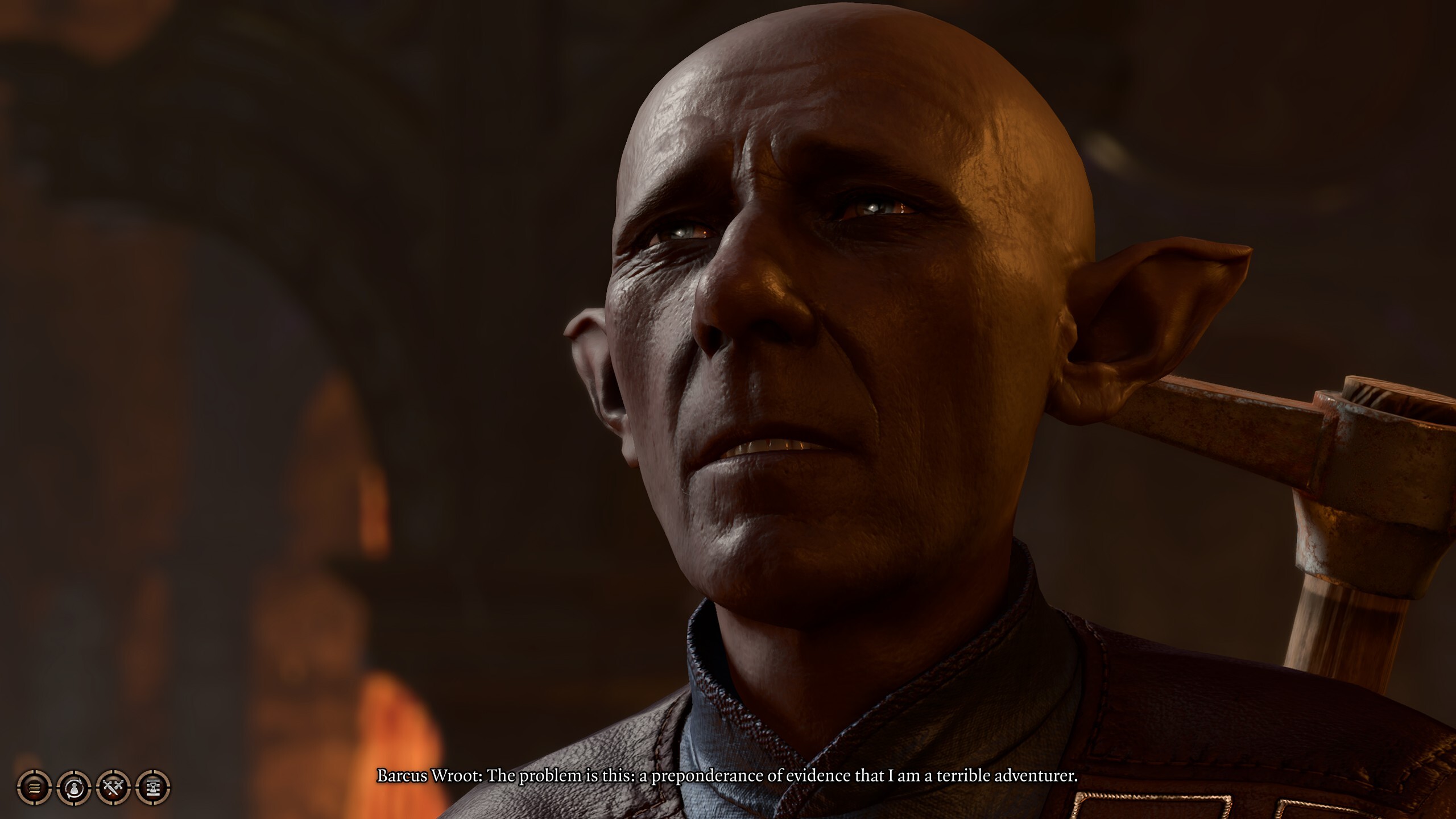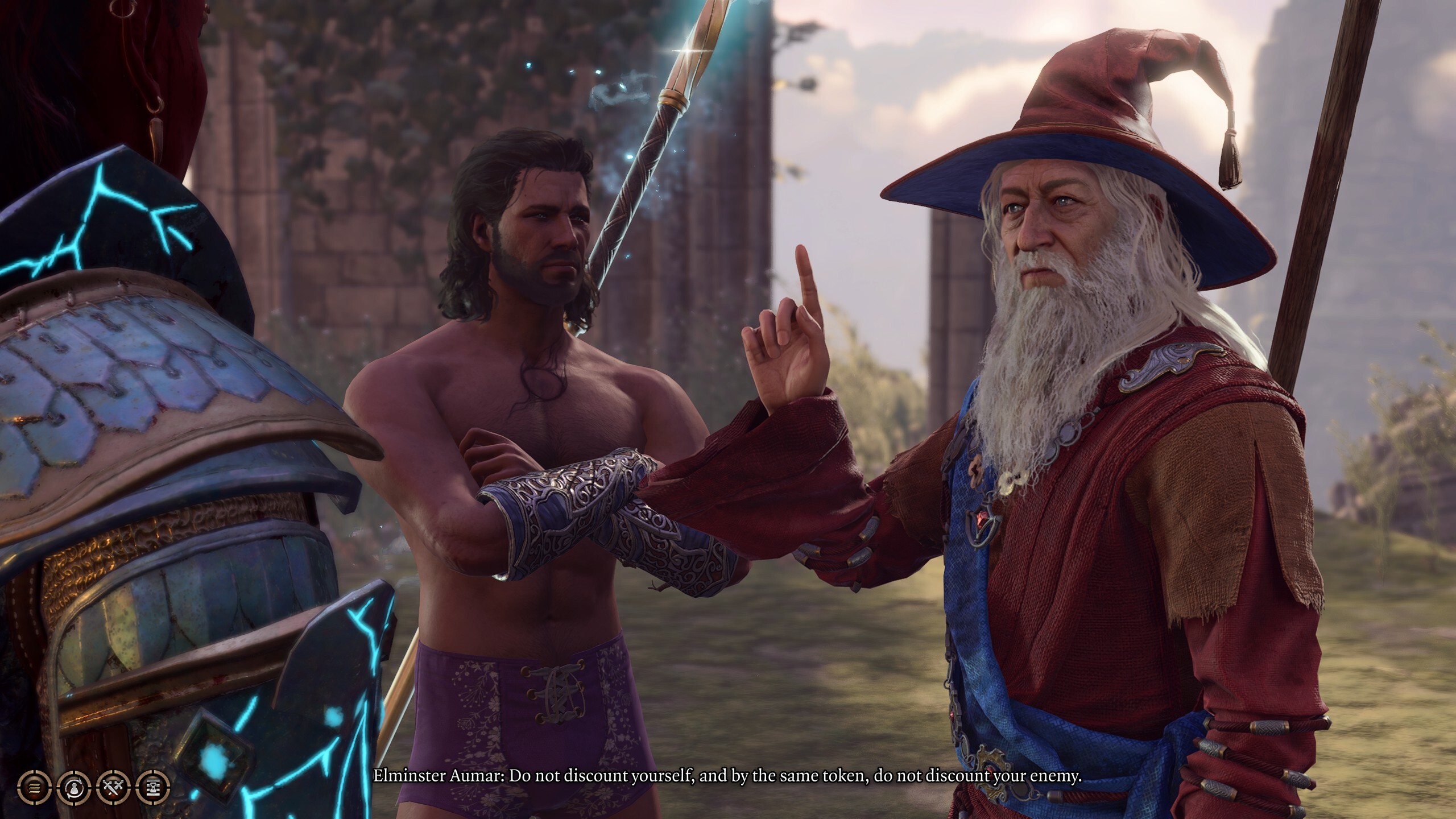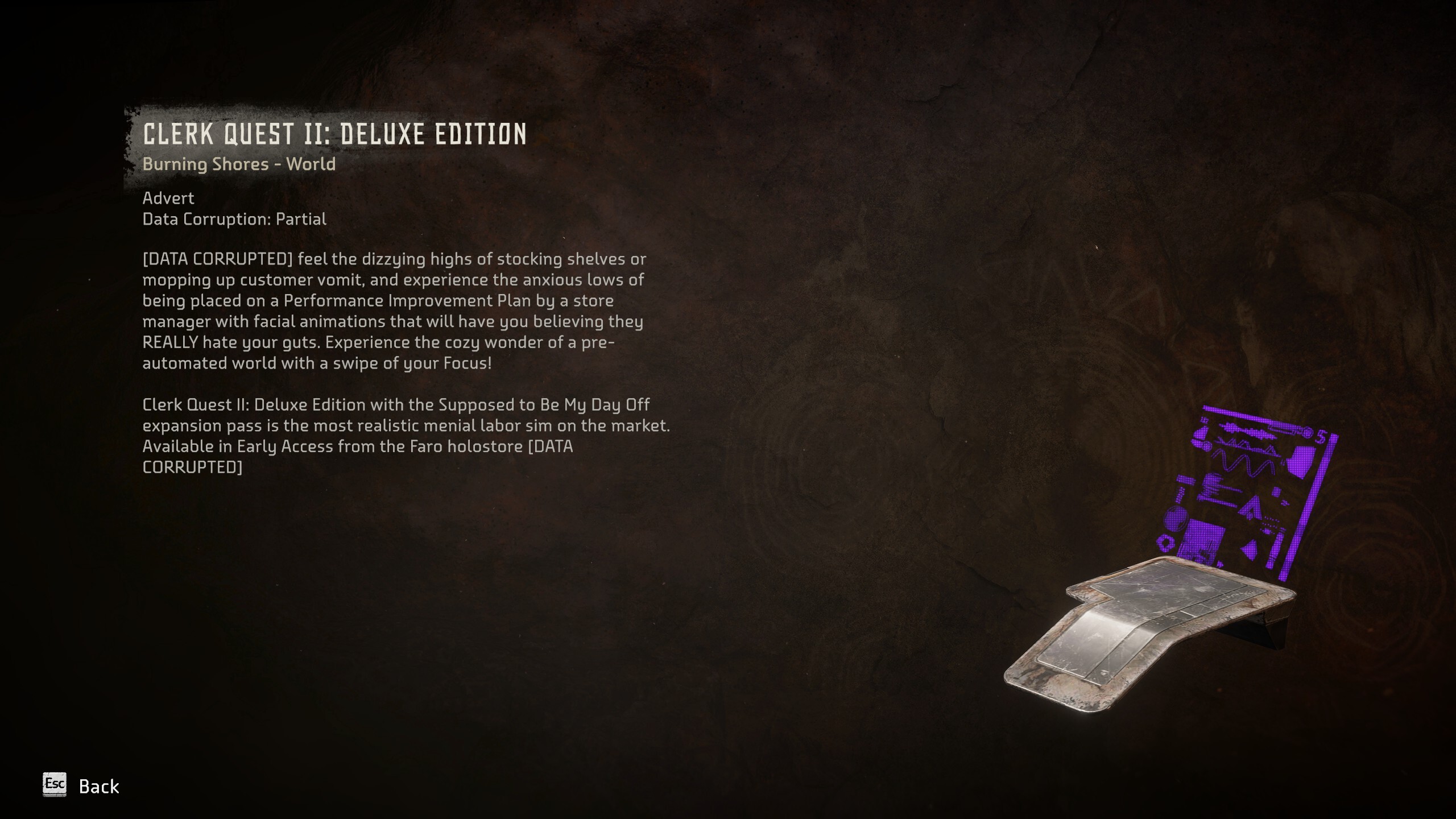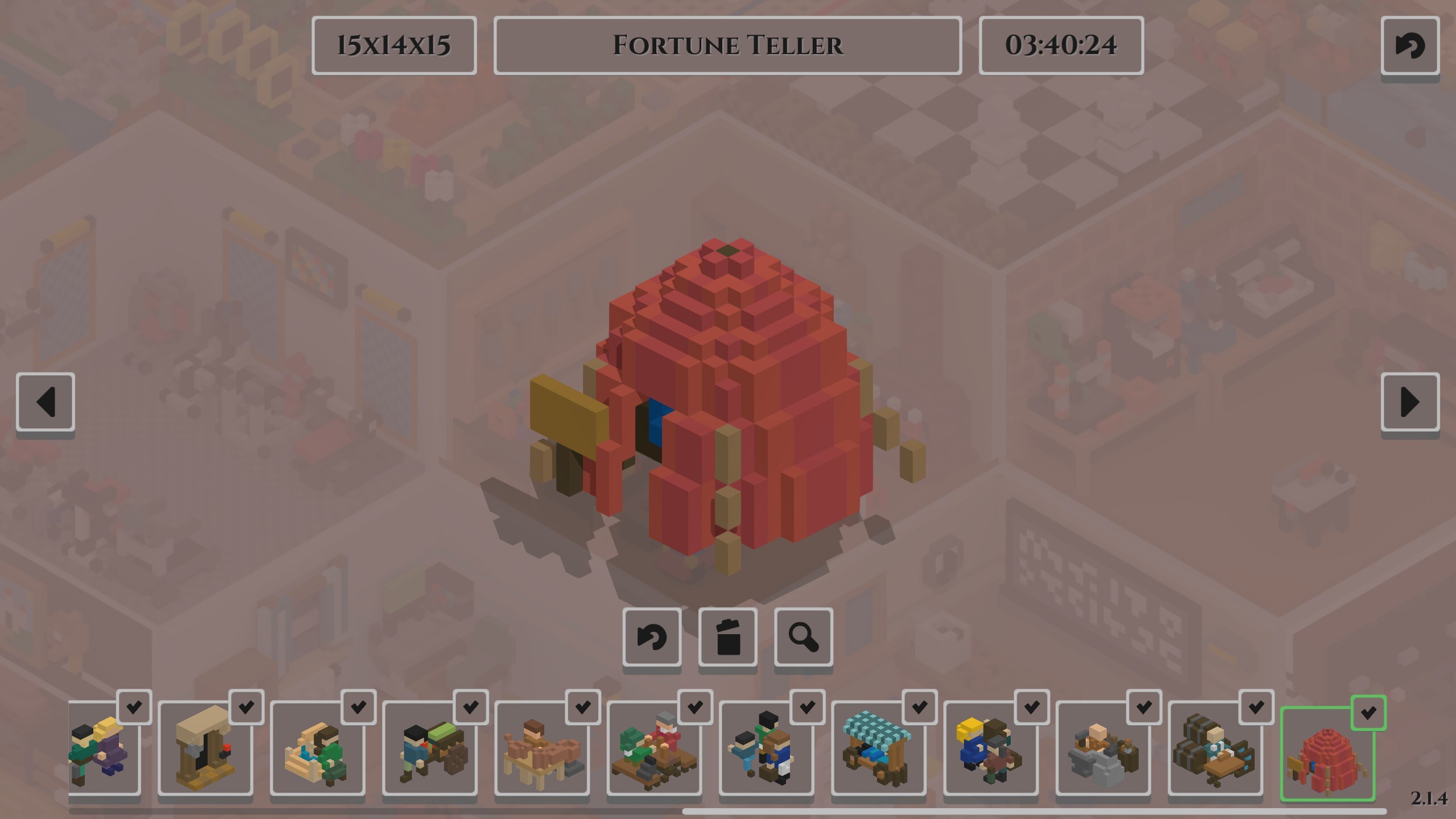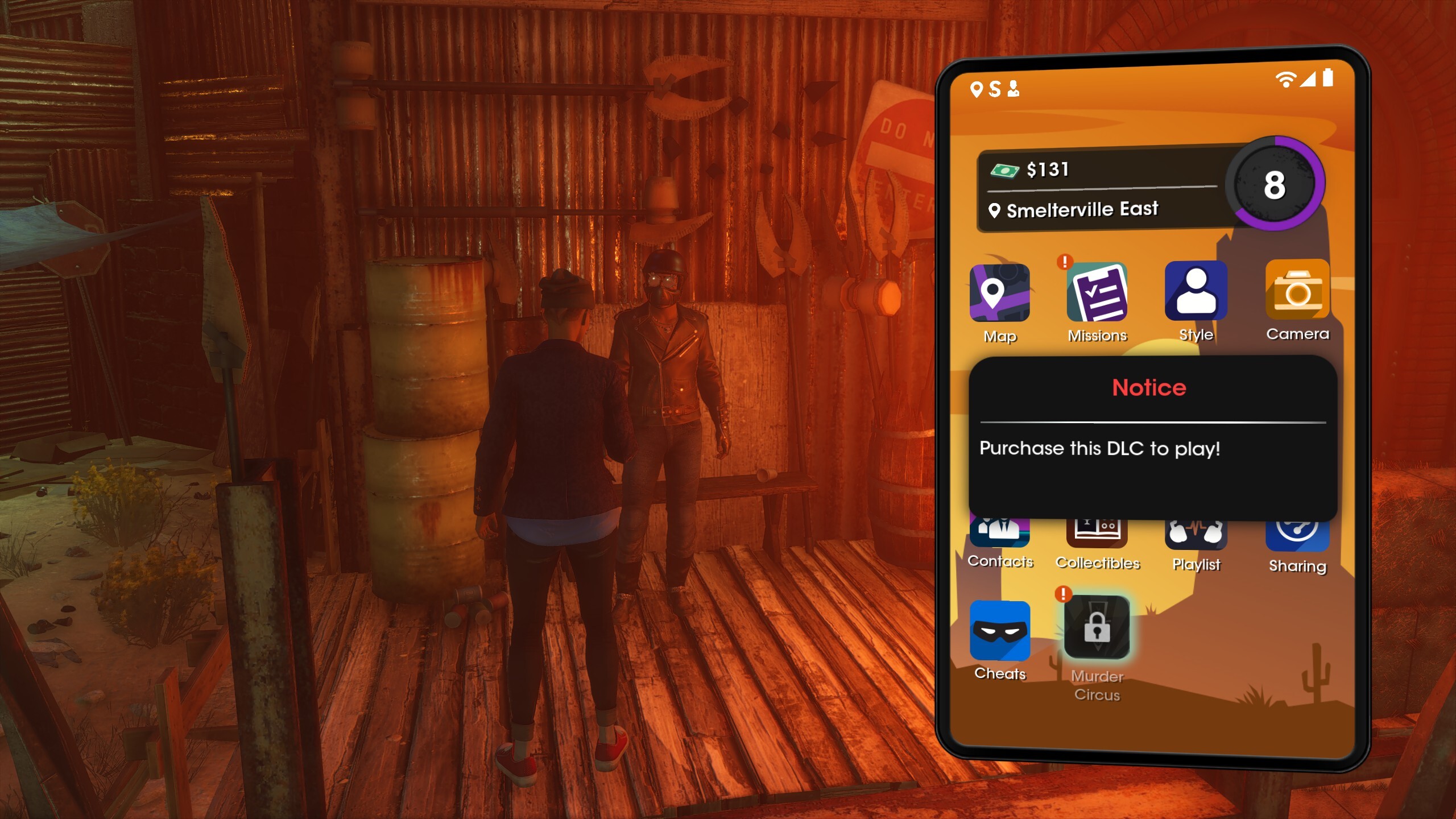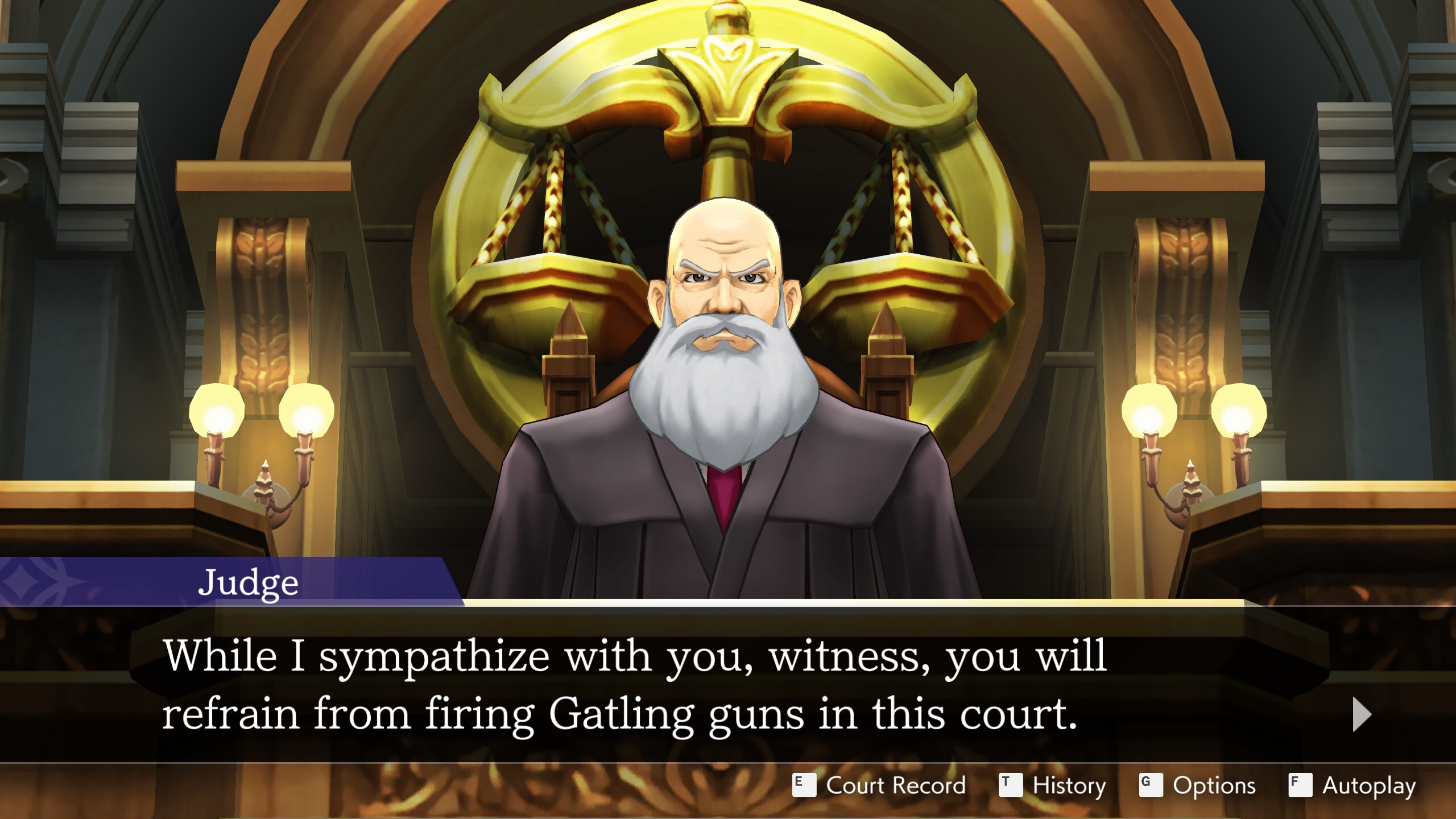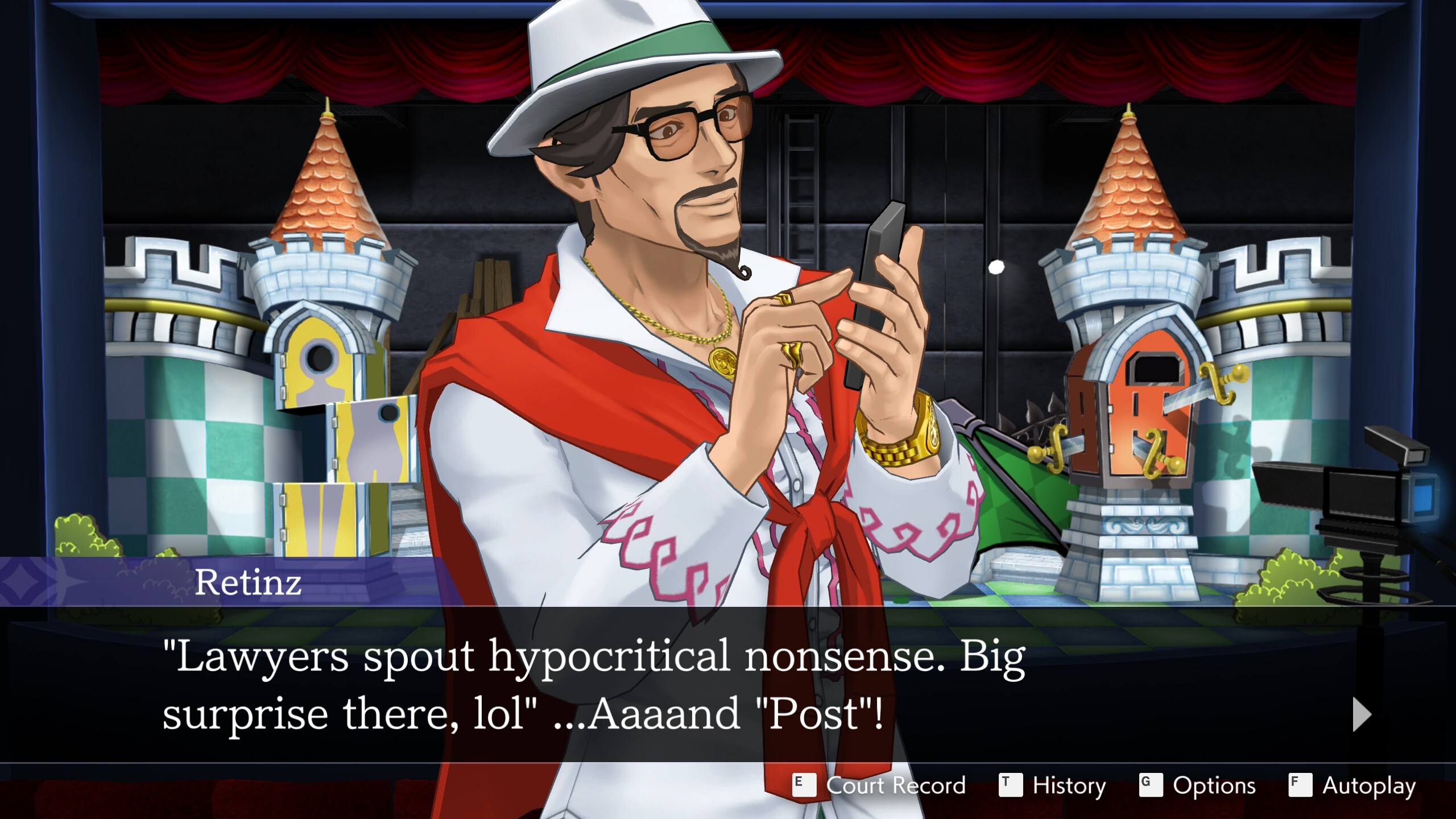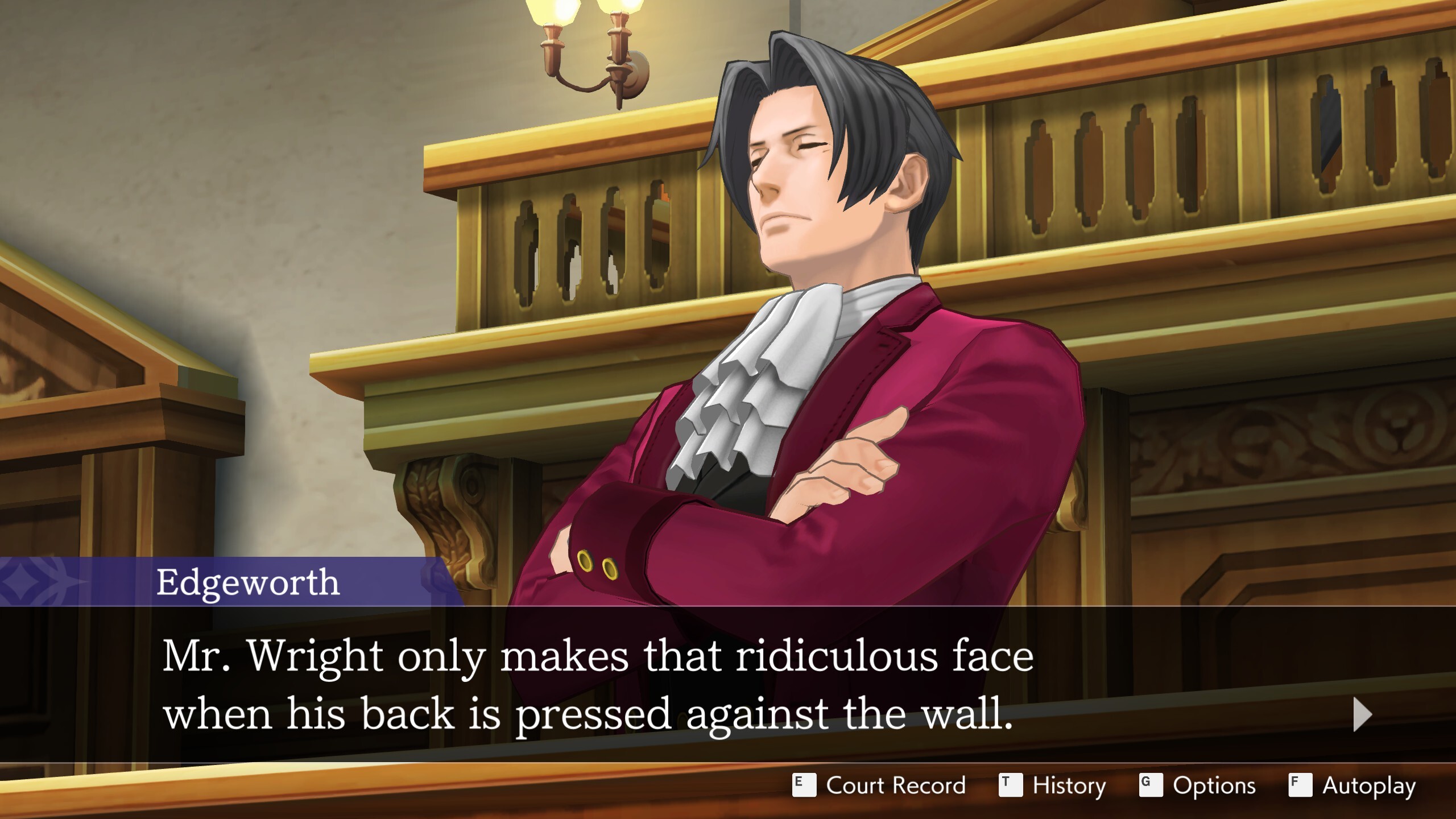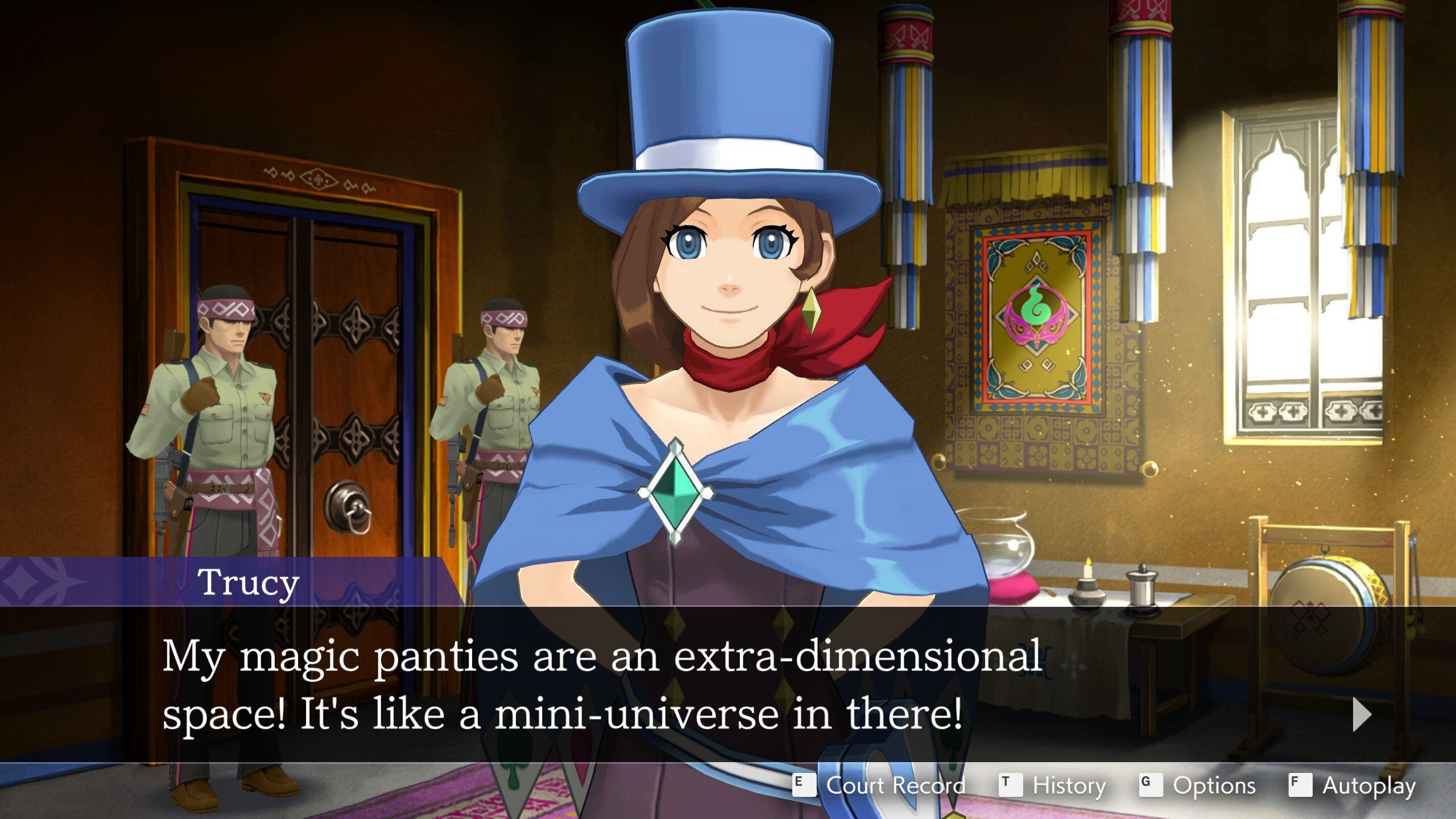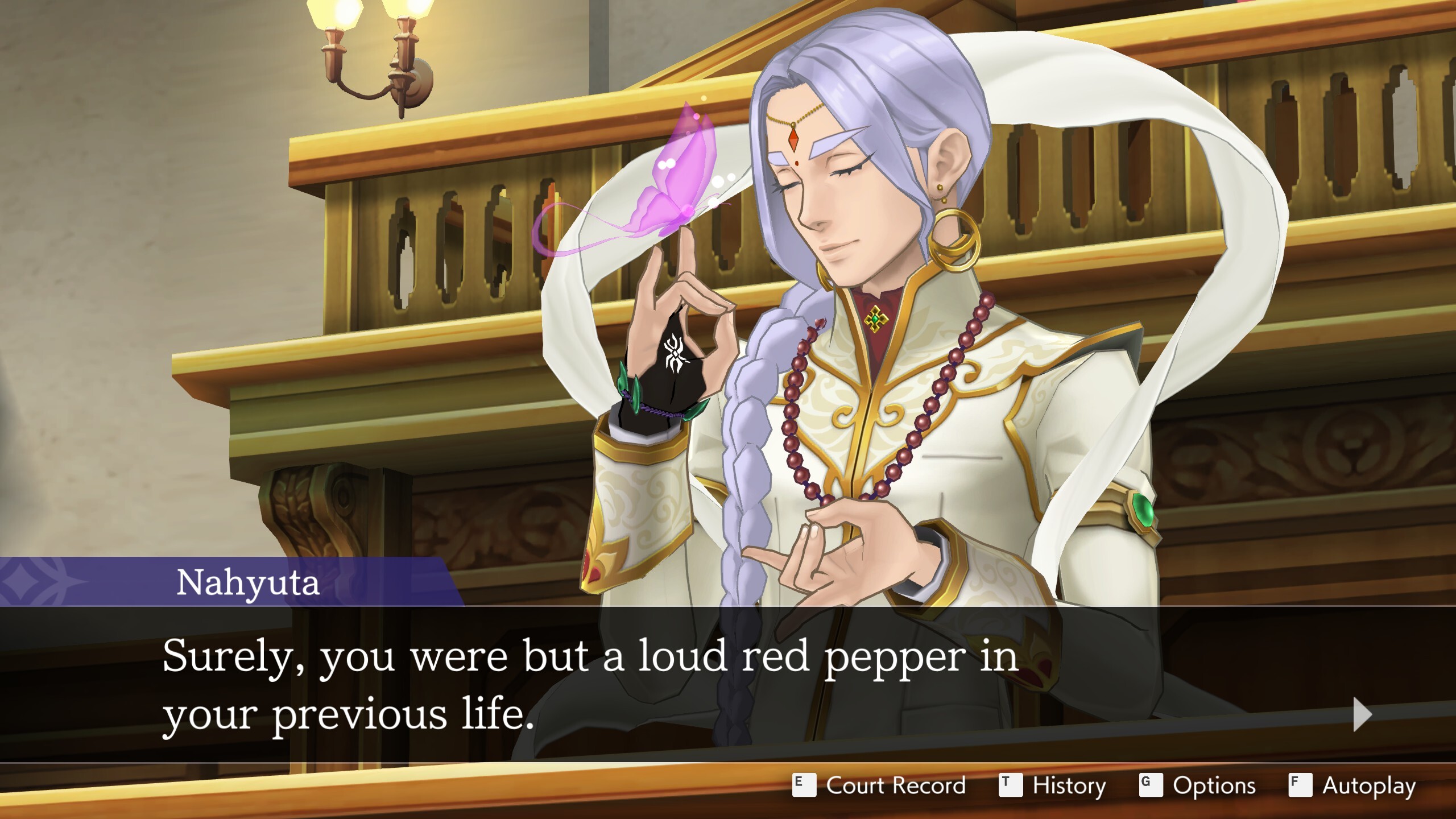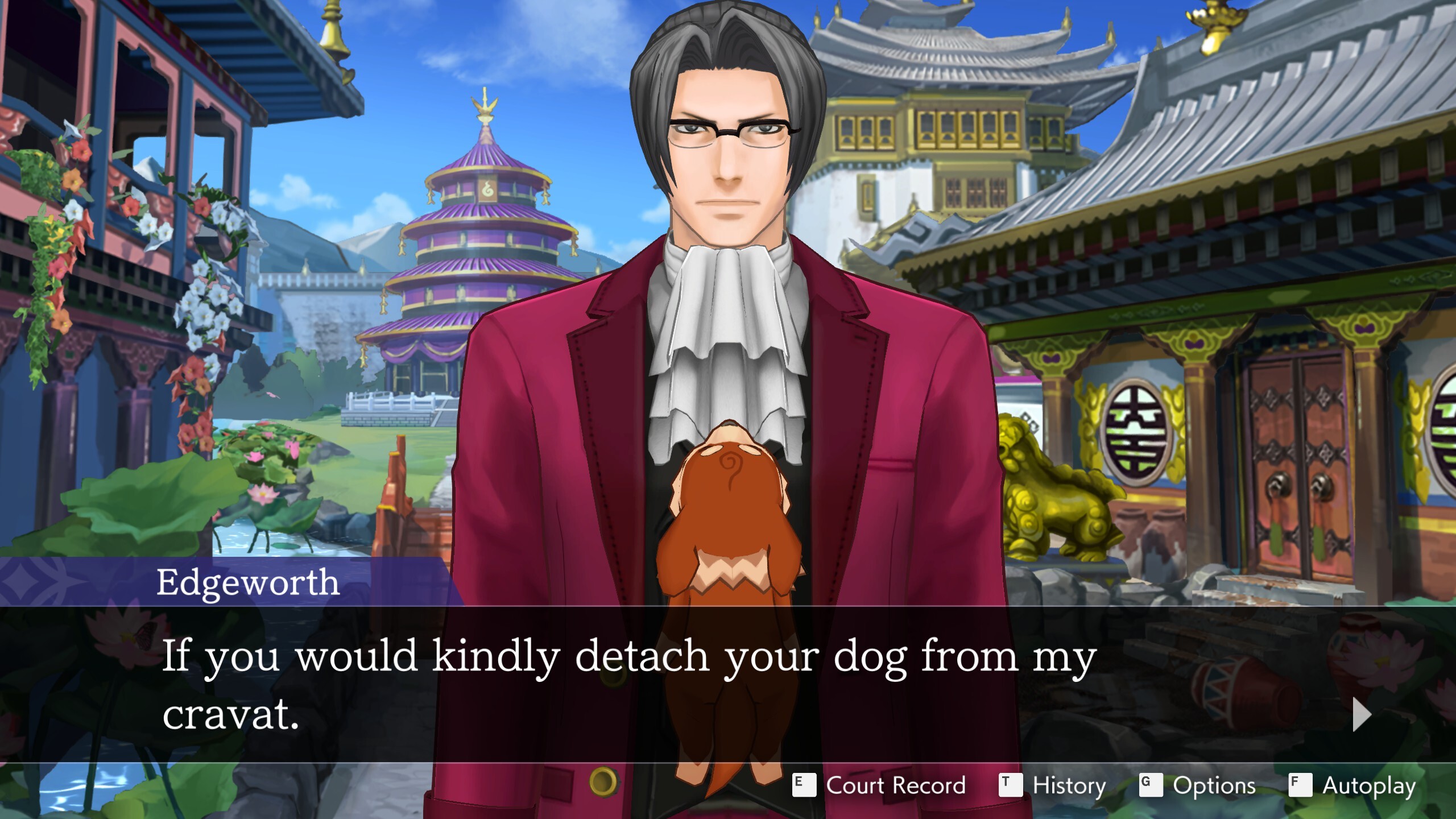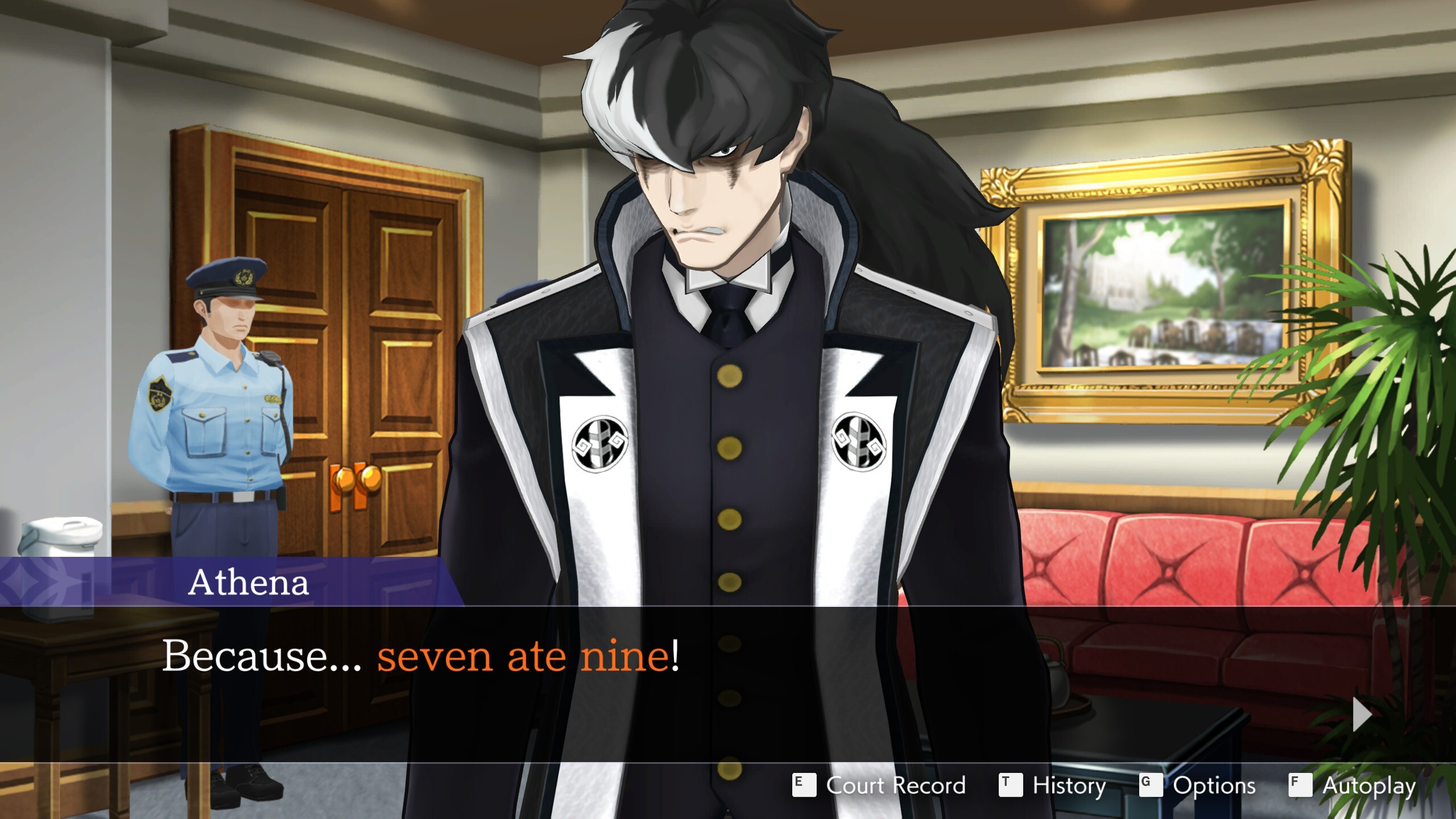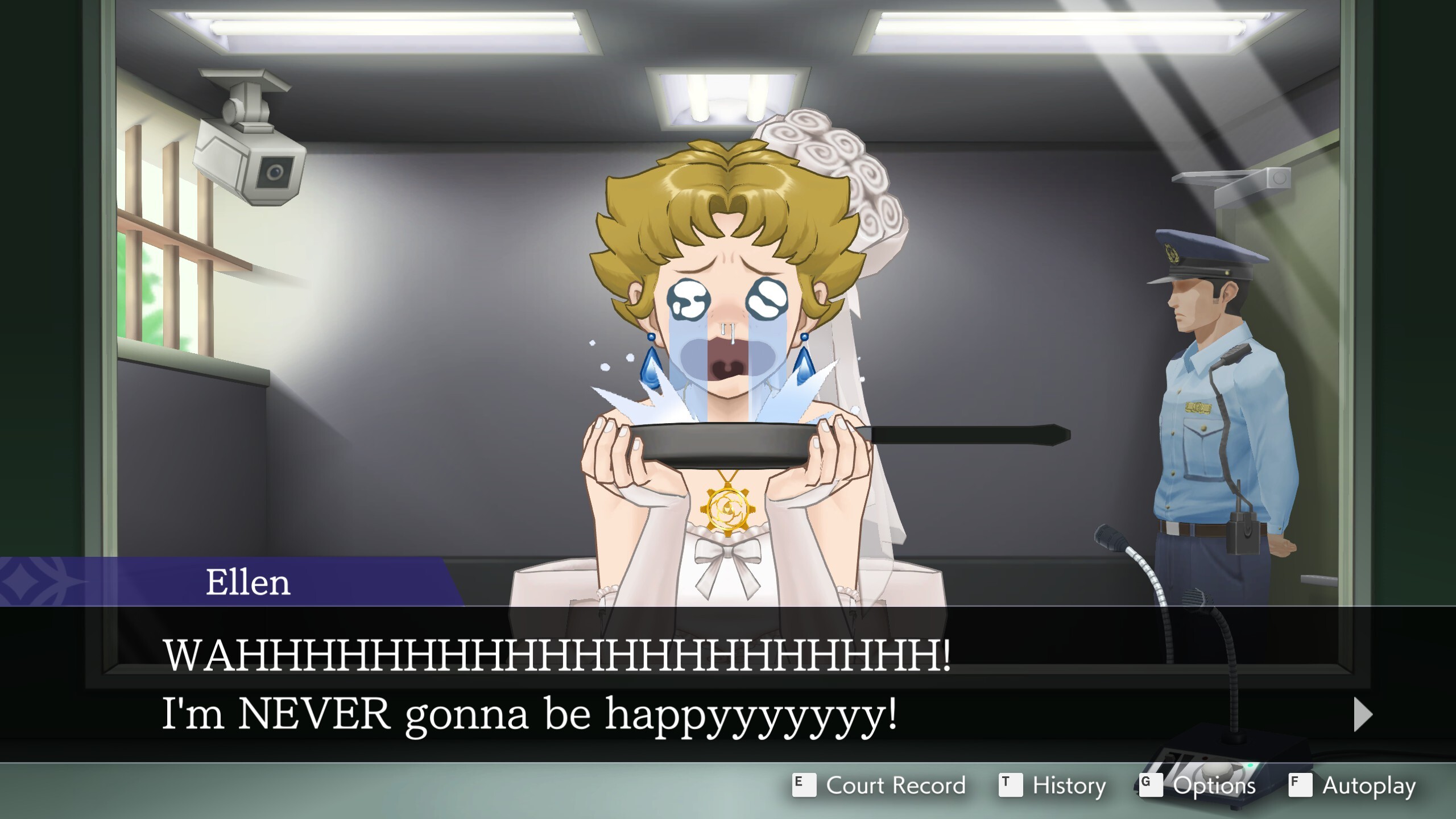Nier, but far
NieR: Automata is unusual, quirky, and intriguing - weird, in good ways - but not consistently. Its moments of riveting mystery and exciting surprise are sparse, with boring drugery filling the space between.
The hack-and-slash-plus-bullet-hell combat action is bewildering at first, but then once you've made some sense of the controls and complexity, ... it's still bewildering, due to wonky camera movement, unpredictable lock-on targeting, and outright visual noise.
When enemies and bullets and lightning are filling the screen, well, the good news is that fights never get impossibly difficult -- because you can slash through, or dodge to evade, all of it. The bad news is that hectic fights have so much going on, including stuff you can't see, that they become functionally equivalent to button-mashing; big encounters end up feeling tedious, rather than exciting.
And the story is, I mean, I don't want to oversell it; if you've seen end-stage-humanity sci-fi anime like Evangelion (or Zone of the Enders), Automata's themes will feel familiar and its twists won't exactly be jaw-dropping. Its storytelling is still interesting, though! Convoluted as the plot is.
Except to get to the next story beat, you have to run through a bland abandoned factory, or the bland ruins of a city, or bland desert wasteland -- sometimes wandering haplessly through maze-like levels (like that factory) since the map is completely unhelpful with pathfinding. Frequently, the game will force you to backtrack through areas you've seen before (like that goddamn factory) and will even disable fast travel to make you walk through old areas again.
(Don't get me started on Automata's sidequests, which tease opportunities to meet colorful characters and uncover deep lore, but take even more slow and tedious backtracking to get there.)
And then, after about ten hours and a climactic boss fight and rolling credits, the game isn't really over! NieR: Automata asks you to play it again, purportedly to continue the story and keep pursuing its unanswered questions.
But given the first playthrough already felt like a chore, I can't bring myself to sit through "the same story ... [where] most of the events will be similar" (according to this Route B walkthrough). Better to just read it all online and move on to better games.
NieR: Automata isn't bad, but its highlights - a fascinating narrative and unique mechanics - are weighed down by dull environments and uninteresting gameplay.
The soundtrack is pretty rad, though.
Better than: Transformers: Devastation
Not as good as: Sine Mora
Might be better: as an anime series. Oh, there is an anime series?
Progress: Forced myself to complete Route A.
